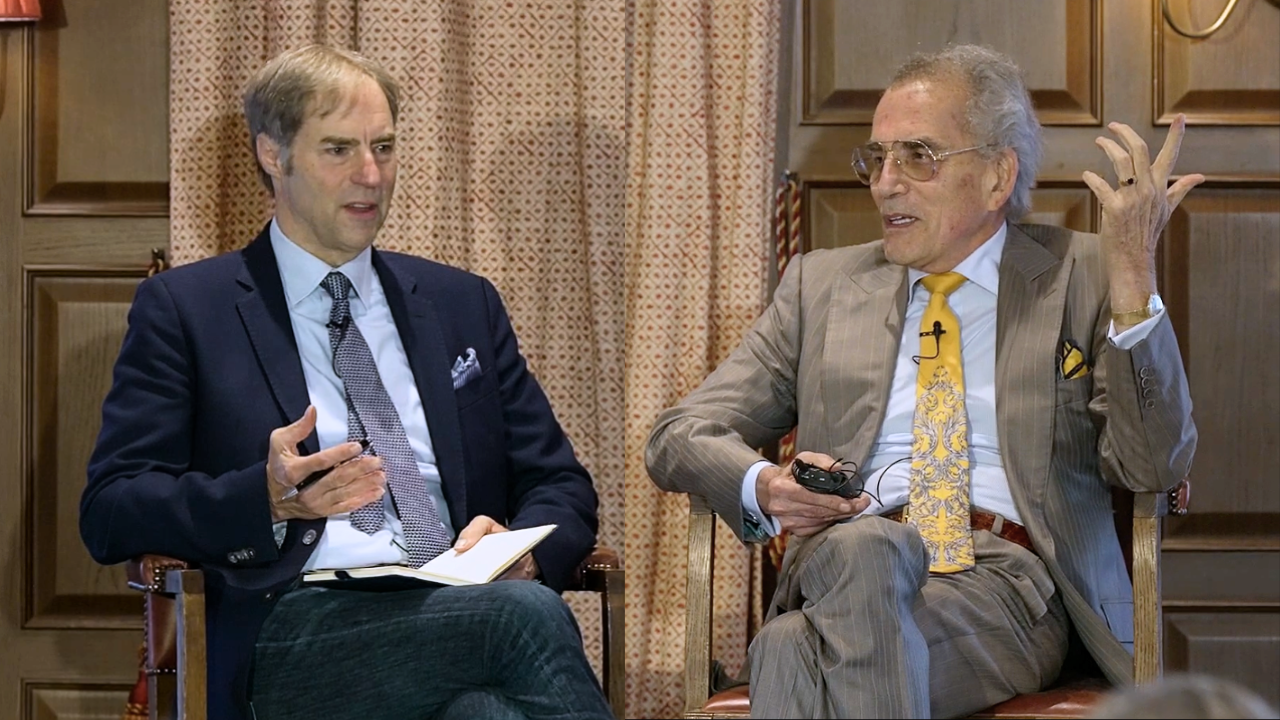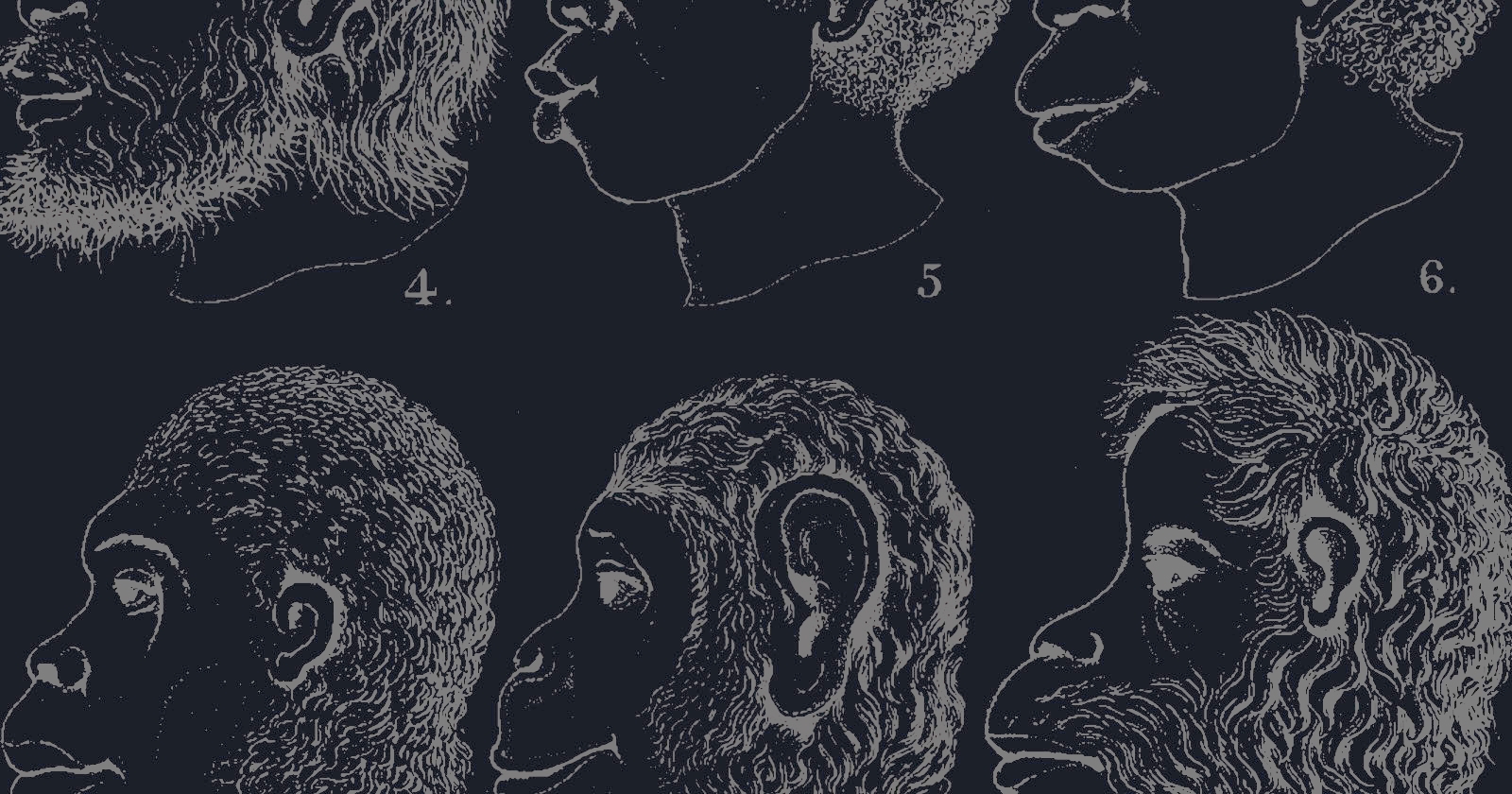


Tom Holland, Stephen Meyer, Douglas Murray: God and the West
On today’s ID the Future, Uncommon Knowledge host Peter Robinson talks with historian Tom Holland, journalist Douglas Murray, and philosopher of science Stephen Meyer about the decline of theistic faith in the West. Here in Part I of the conversation, the men consider possible causes for the decline of theistic faith. According to Meyer the decline has occurred in the face of increasing scientific evidence for the existence of God. So what gives? Tune in to hear their stimulating exploration of the question, and what each sees as the appropriate response. This material is used by permission of Peter Robinson and the Uncommon Knowledge podcast.

Eric Metaxas and Richard Weikart Spotlight Darwinian Racism
Today’s ID the Future brings listeners a lively conversation between radio host and bestselling author Eric Metaxas and historian Richard Weikart about Weikart’s new book, Darwinian Racism: How Darwinism Influenced Hitler, Nazism, and White Nationalism. Weikart provides a quick flyover of the evidence that the outlook of Hitler, the Nazis, and contemporary white nationalists is significantly shaped by Darwinism and the arguments of early Darwinists. Metaxas and Weikart then contrast the Darwinian foundation for morality with the Judeo-Christian foundation, which holds that all humans are made in the image of God and therefore possess inherent worth, regardless of race and regardless of one’s “fitness.” This episode is reposted here, with permission, from The Eric Metaxas Show. Check out Weikart’s new Read More ›
Peter Robinson Interviews David Berlinski, Pt. 2
This episode of ID the Future features the second part of a conversation between Uncommon Knowledge host Peter Robinson and polymath David Berlinski, author of the newly released book Human Nature. In this segment of the interview, Robinson asks Berlinski about a book by Nicholas Christakis, Blueprint, which argues that evolution has endowed us with a genetic makeup that drives human culture toward virtue and progress. Berlinski demurs, pointing to the horrors of the twentieth century and by noting that the virtues Christakis underscores, such as cooperativeness, can also be put to nefarious purposes. The Nazi Party, for instance, “was a marvelous engine of cooperation. All those Nazis cooperated with one another running death camps.” Robinson also asks Berlinski about Read More ›